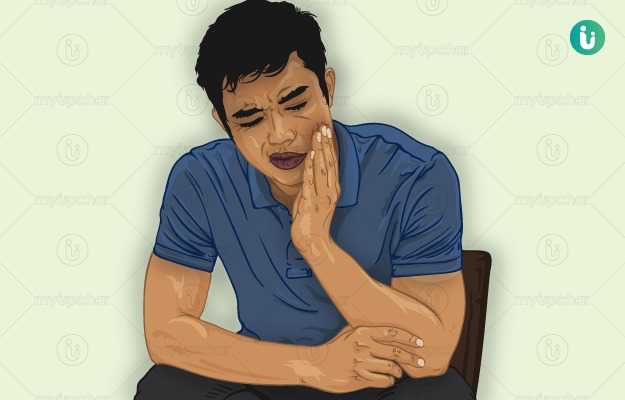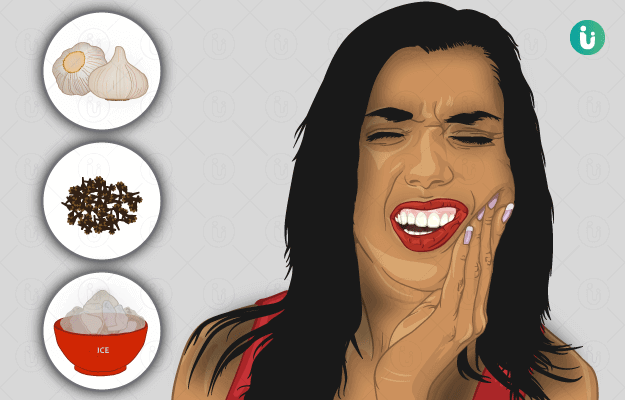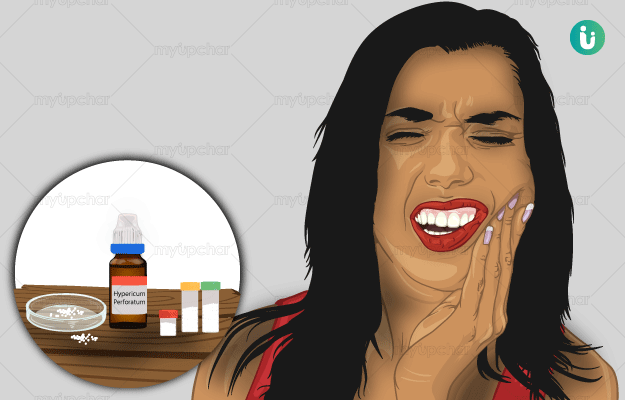Pulpal toothache –
Pulp is a vital tissue which conducts the blood & nerve supply to the tooth. Any damages or irritation to the pulpal tissue causes a pulpal toothache. It can further be divided into the following –
- Acute pulpal toothache – The causes of acute pulpal toothache is a noxious stimulation of the pulpal receptors. The patient cannot accurately localize this kind of a toothache and thus its diagnosis becomes of great challenge to the dentist.
- Chronic pulpal toothache - If acute pulpal lesion remains untreated it results in an enormous increase in inflammation and thus progresses to chronic pulpal toothache. This generally results from a long-standing low-grade infection or injury to the pulpal tissues.
Periodontal toothache
This occurs due to any injury or infections of the periodontal ligament. The periodontal ligament is a soft tissue strand which connects the root of the tooth to the jaw bone. The periodontal ligament is capable to localize pain. Thus the periodontal toothache is easily localized with no difficulty in diagnosis. It can be easily diagnosed by applying pressure on the tooth.
Cracked tooth syndrome
This type of toothache, occurs when the pain is mild in nature and generally starts by bitting or release of pressure. This can also mimic the nerve pain like as a trigeminal neuralgia.
Aecrodontalgia
This is another type of toothache which occurs due to changes in altitude. This type of a toothache is generally seen in deep sea divers, aviation crew members, frequent travellers, etc as these people are often exposed to change in altitude.
Musculoskeletal pain
Muscles in head & neck can also cause a toothache & vice- versa. The muscles which can cause pain includes.
- masseter muscles.
- temporalis muscles.
- Medial pterygoid muscles.
- sternocleidomastoid muscles.
- splenius capitis muscles.
- trapezius, etc.
- MPDS – Myofunctional pain dysfunction syndrome is the most common example of a musculoskeletal toothache.
Temporomandibular joint toothache (TMJ)
TMJ deformities can also induce a toothache and can be further classified as below-
- A toothache due to discal pad dislocation. This may occur due to missing teeth and thus displacement of the disc of TMJ. It can be associated with swelling in the face region and a vague toothache in back teeth region.
- A toothache due to capsular pain – It results from the swelling of the temporomandibular joint capsule and may lead to a severe toothache.
Trigeminal neuralgia associated toothache
Trigeminal neuralgia is an extremely painful condition and its unique in humans. This may cause a severe toothache which is difficult to diagnose. Its treatment includes administration of the following drugs as below-
- Trichloroethylene inhalation.
- Tropical capsicine cream.
- Anticholinergic drugs.
- Diphenylhydantoin & anticonvulsant drugs.
- Carbamazepine (Tegretol.)
- Anti-inflammatory drug.
- Surgery in severe cases in the line of treatment followed.

 Doctors for Toothache
Doctors for Toothache  OTC Medicines for Toothache
OTC Medicines for Toothache
 Toothache articles
Toothache articles
 Ayurvedic Treatment of Toothache
Ayurvedic Treatment of Toothache
 Home Remedies for Toothache
Home Remedies for Toothache
 Homeopathic Treatment of Toothache
Homeopathic Treatment of Toothache

































 Dr Razi Ahsan
Dr Razi Ahsan

 Dr. Rachita Narsaria
Dr. Rachita Narsaria

 Dr. Laxmidutta Shukla
Dr. Laxmidutta Shukla











